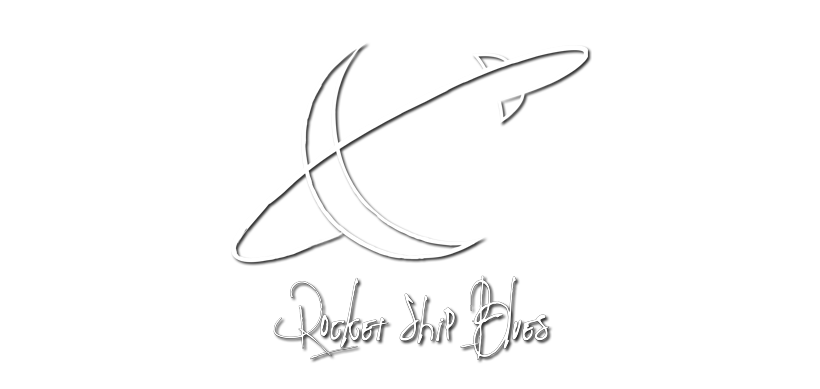
"If you really want to hear about it, the first thing you’ll probably want to know is where I was born, and what my lousy childhood was like, and how my parents were occupied and all before they had me, and all that David Copperfield kind of crap, but I don’t feel like going into it, if you want to know the truth."
Everyone knows growing up sucks. Even though it can be fleetingly enjoyable at times, there is an inevitability to the pain that comes with it. And "The Catcher in the Rye" stands as a testament to that.
The first thing you notice when you read J.D. Salinger's most celebrated novel is the prose. The narrator Holden Caulfield is not impressed with the world and he's not going to lie about it. You get to see the world through the lens of our lovable misanthropic friend. Holden has gone from prep school to prep school, and now he's flunking four of his five subjects - and has just been given the boot out of Pencey. But as subjective as the narrator is, the way he describes the world around him is, in a sense, very real. He wanders off on rabbit trails, he leaves out what he wants to, and he interprets everything the way he sees it.
Holden is in the transition stage between childhood and adulthood. And it sucks. Everything about the adult world is phony, and he doesn't want to be a part of it. But he can't keep himself from growing up, in fact in many ways he already is an adult. His encounter with his younger sister Phoebe towards the end shows us that. The irony is that he is becoming (and already is) many of the things he hates about the adult world.
Like Dustin Hoffman's character in The Graduate, Holden is disillusioned with the 'road to success' and even though the adults in the story give him sound advice to succeeding into adulthood, they are all sacrifices of integrity - that phoniness he hates so much. He knows the path to adulthood corrupts his innocence. But of course, it's obvious that he's already been corrupted.
The red hunting hat is a key visual in this story. He keeps taking it on and off. He's proud of it, he lets it define him, yet he won't let people see him wearing it. It's just like the ways we grow up into our own identity - yet in doing so, people around you will find it strange - they may even scoff if your identity does not match with theirs. Then we become both simultaneously proud and embarrassed of our own unique identity - and yet that's what an identity should be; unique.
The title of the book is taken from a song - to Holden, these words sum up what he wants to be - someone who can save innocent children from the peril of adulthood. Something it seems he has already lost. But Holden finds out that the song isn't actually about a "Catcher in the Rye". If you look into the song's meaning, it's about willingly losing one's innocence and purity - just the thing that Holden shuns. In the end the story of Holden Caulfield is a tragedy - much like Don Quixote - a lost soul in a lost world, dreaming an impossible dream and fighting an unbeatable foe. Everyone has to grow up eventually, and what Holden really lacks is maturity.
